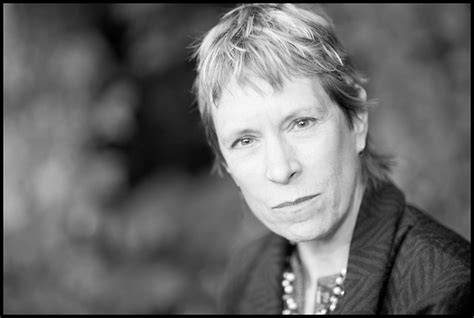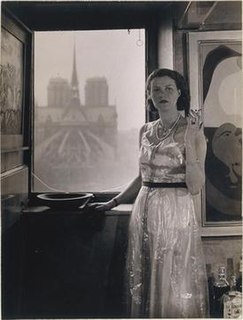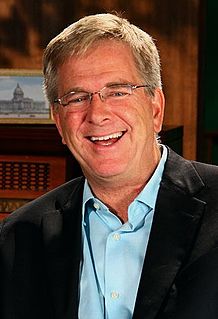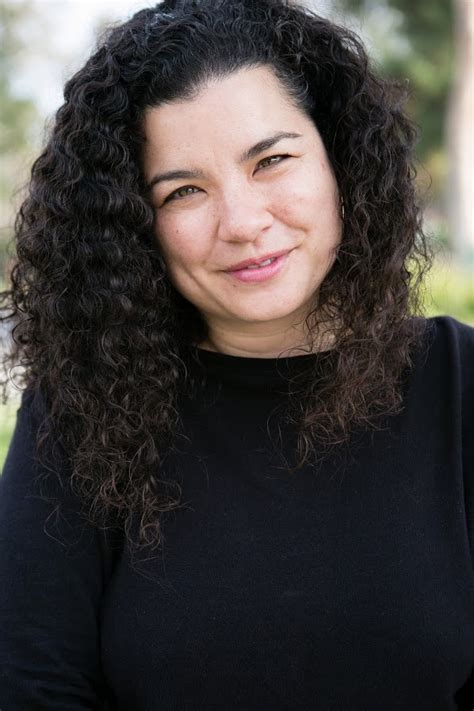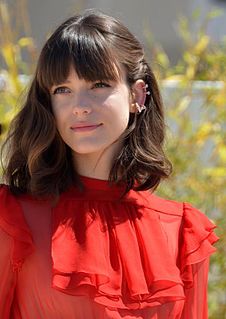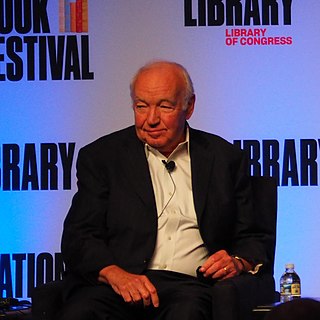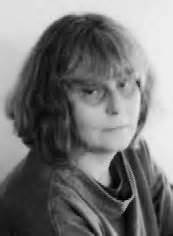A Quote by Chase Twichell
To Forget Venice is a tour de force of ventriloquism. Elegant, contemporary, and wry, the voice at its center is also capable of disarming flights of imagination as it enters and inhabits other lives across time and gender. The glittering, fetid city emerges as a complex metaphor for the human heart’s simultaneous tenderness and capacity for cruelty, its ‘silver glow / a local specialty: filth / disguised as ornament.’ This Venice is unforgettable.
Quote Topics
Across
Also
Capable
Capacity
Center
City
Complex
Contemporary
Cruelty
Disarming
Disguised
Elegant
Filth
Flights
Force
Forget
Gender
Glow
Heart
Human
Human Heart
Imagination
Lives
Local
Metaphor
Ornament
Other
Silver
Simultaneous
Specialty
Tenderness
Time
Tour
Unforgettable
Venice
Ventriloquism
Voice
Wry
Related Quotes
By day, Venice is a city of museums and churches, packed with great art. Linger over lunch, trying to crack a crustacean with weird legs and antennae. At night, when the hordes of day-trippers have gone, another Venice appears. Dance across a floodlit square. Glide in a gondola through quiet canals while music echoes across the water. Pretend it's Carnevale time, don a mask - or just a fresh shirt - and become someone else for a night.
... in the eyes of its visitors, Venice has no reality of its own. Anyone visiting the place has already seen so many pictures of it that they can only attempt to view it via these clichés, and they take home photographs of Venice that are similar to the ones they already knew. Venice [is] becoming like one of those painted backdrops that photographers use in their studio.
Krys Lee has written a book of unforgettable stories, each one building on the other to create a complex, moving portrait of contemporary Korea and its diaspora. She guides us surely through the fallout of war, immigration, and financial crisis, always alert to the possibility of tenderness, transcendence, and even humor along the way. Lee is a writer who really understands loneliness, but her voice is so appealing, and her perceptions so wise, that we feel all the less lonely for knowing her characters and experiencing their lives.
There is still one of which you never speak.' Marco Polo bowed his head. 'Venice,' the Khan said. Marco smiled. 'What else do you believe I have been talking to you about?' The emperor did not turn a hair. 'And yet I have never heard you mention that name.' And Polo said: 'Every time I describe a city I am saying something about Venice.
